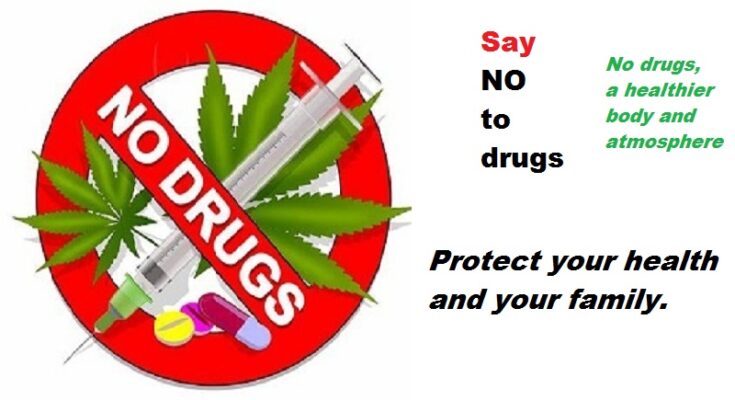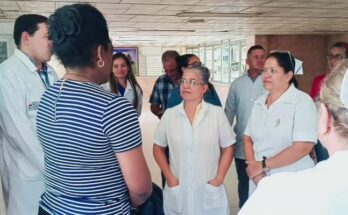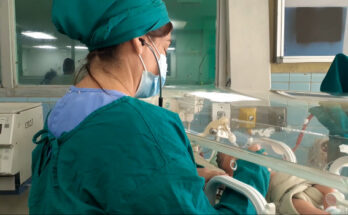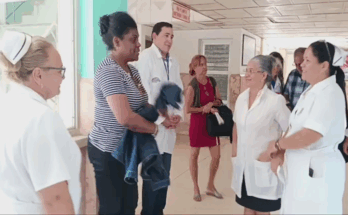The Cuban government has continuously carried out a hard work against drug consumption and trafficking, both in imports and in the use of national waters as a springboard for trafficking to the United States, thus supporting the fight in this sense promoted by the United Nations.
The General Assembly decided to celebrate this day as a way of expressing its determination to consolidate action and cooperation at all levels to achieve the goal of an international society free of this scourge. The Assembly took that action on 7 December 1987 (resolution 42/112), on the basis of the recommendations of the International Conference on Drug Abuse and Illicit Trafficking, which had adopted on 26 June 1987 the Comprehensive Multidisciplinary Outline of Future Activities in Drug Abuse Control.
On 23 February 1990, during a special session devoted to drug abuse, the Assembly adopted the Global Programme of Action against Illicit Drugs and declared that the International Day would be observed as part of efforts to increase public awareness of the fight against drug abuse and to promote preventive measures.
In Cuba, the Ministry of the Interior has a system of permanent checks at airports, ports and the coast in order to prevent the entry into the country of drugs destined for consumption, especially by young people who, lacking the appropriate knowledge about the harmful effects of these drugs, would consume them.
Hence, prevention in Cuba is the key to reduce risks and contribute to the development of personal self-care and self-control skills that lead people, in stressful situations or for fun, to always opt for healthy behaviors and not for drugs.
“Care in times of crisis” is the slogan of the campaign with which this year the United Nations Office on Drugs and Crime (UNODC) draws attention to the urgent need to address drug-related challenges in health and humanitarian crises.
While this June 26th marks the International Day against Drug Abuse and Illicit Trafficking, it is these actions that demand the constant effort and support of all nations and individuals: one day is not enough to end the suffering caused by drug use in the world.
According to UNODC reports, women continue to constitute a minority of drug users worldwide, yet they tend to increase their rate of use and develop drug use disorders at a faster rate than men. Women currently account for an estimated 45-49% of amphetamine users and non-medical users of pharmaceutical stimulants, pharmaceutical opiates, sedatives and tranquilizers.
The emerging transnational drug-related challenges arising from crisis situations are diverse. It continues to be essential to defend the most vulnerable, including children, adolescents and young people, people who use drugs and have drug-related disorders, as well as those who require access to controlled medicines, as promoted in Cuba.
Cuban education against drug consumption
Although drug use is not a serious social problem in Cuba, educating people and communities about the harmful consequences of drug use is a way of acting that defines the actions that, led by the Ministry of Public Health, are implemented in the national territory to address this problem.
In Primary Health Care, there are 449 Polyclinics and 11,297 Family Medical Offices, the main scenarios for carrying out actions of promotion, health education, risk prevention and timely treatment.
On the other hand, specialized services are provided in the 178 municipal Mental Health Departments, which are available to the entire population, with qualified and trained personnel to offer “face-to-face” counseling and in the management of mental, neurological and substance abuse disorders.
At the secondary level of care, Cuban Madical Care includes psychiatry services located in 17 General and Clinical-Surgical Hospitals, 15 Psychiatry services in Pediatric Hospitals and 19 Psychiatric Hospitals, as well as 2 Adolescent Rehabilitation Centers.
(To be continued)




